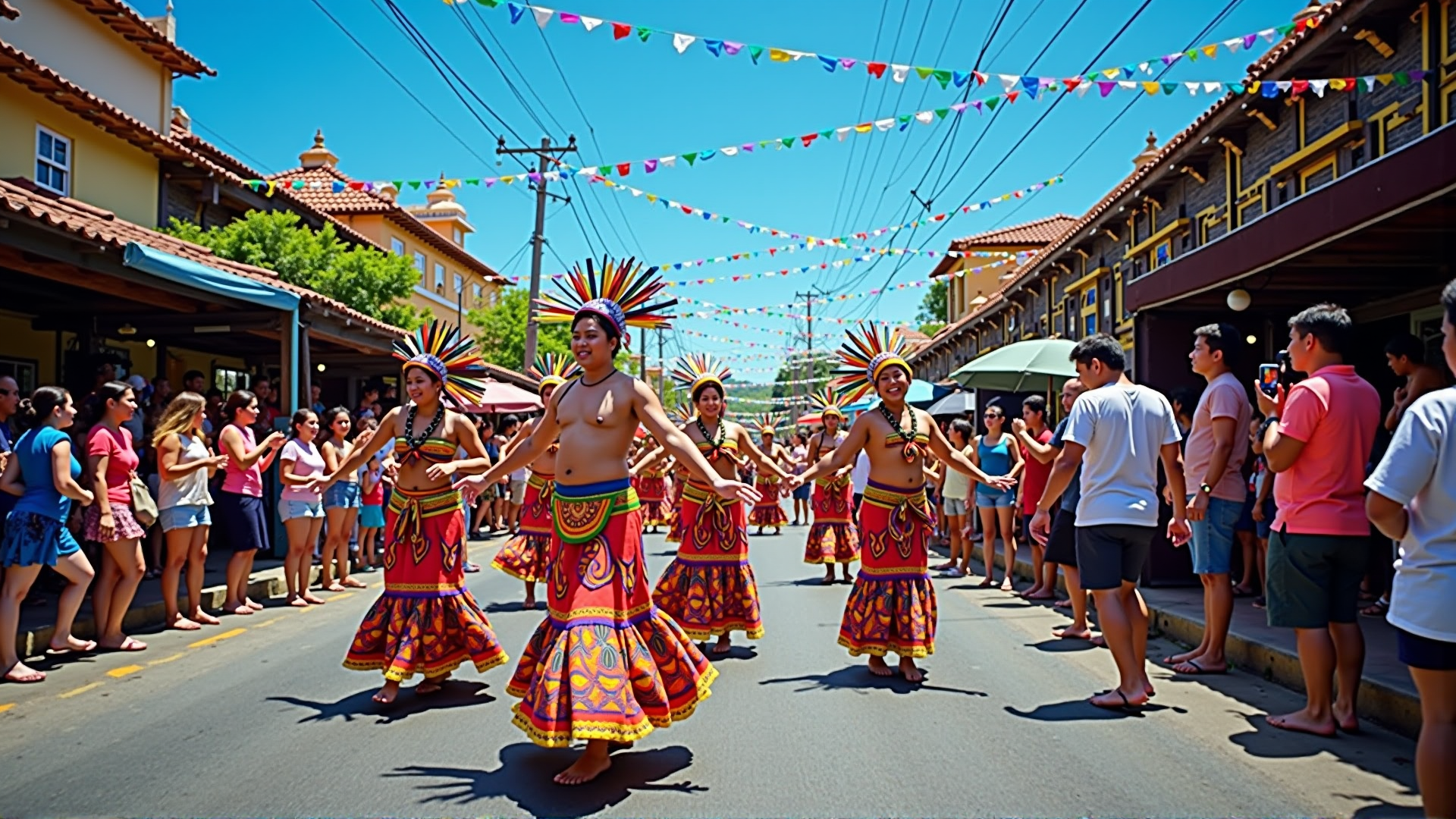In the vibrant tapestry of Filipino culture, events hold a special place, serving as vibrant expressions of community, tradition, and celebration. Successfully managing and promoting events in the Philippines requires a blend of creativity, cultural sensitivity, and attention to detail. Here, we delve into the art of planning events that resonate with Filipino audiences.
Understanding the Audience
At the heart of any successful event is a deep understanding of the audience. In the Philippines, familial ties and community bonds are strong, influencing the way events are perceived and attended. Whether it's a large festival or an intimate gathering, considering the cultural nuances and preferences of the audience is crucial. This includes understanding regional traditions, dietary considerations, and local entertainment preferences.
Incorporating Filipino Traditions
A successful event often pays homage to Filipino traditions and customs. This might involve integrating local music or dance, featuring traditional food, or respecting the sacred elements of a particular celebration. By doing so, organizers can create a sense of familiarity and belonging among attendees, enriching their overall experience.
Effective Promotion Strategies
In today's digital age, promoting an event goes beyond traditional methods. Social media platforms, such as Facebook and Instagram, are particularly popular in the Philippines and can be powerful tools for reaching a broader audience. Engaging content, vibrant visuals, and interactive posts can capture interest and drive attendance. Collaborating with local influencers who echo the event's values can also amplify visibility and credibility.
Venue Selection and Ambience
Choosing the right venue is pivotal. The Philippines boasts a dynamic range of locations, from stunning beaches to urban spaces with historical charm. Selecting a venue that complements the event’s theme and purpose enhances the overall experience. Attention should also be given to ambience, ensuring the venue layout, decor, and lighting align with the event's objectives.
Focus on Community Engagement
Events that leave lasting impressions often do so by fostering a sense of community. Interactive activities, local crafts, and community-driven initiatives can encourage participation and engagement, making attendees feel like integral parts of the event. This sense of involvement is especially resonant in the Philippines, where community spirit runs deep.
Feedback and Continuous Improvement
Finally, listening to your audience is key to refining future events. Gathering feedback through surveys or interactive sessions can provide invaluable insights into what worked well and what could be improved. Emphasizing continuous improvement will not only enhance future events but also build trust and loyalty among attendees.
In conclusion, the mastery of organizing and promoting events for Filipino audiences lies in a genuine understanding and celebration of their culture and preferences. When executed with precision and heart, events not only entertain but also connect and inspire, leaving indelible memories and cherished experiences.
